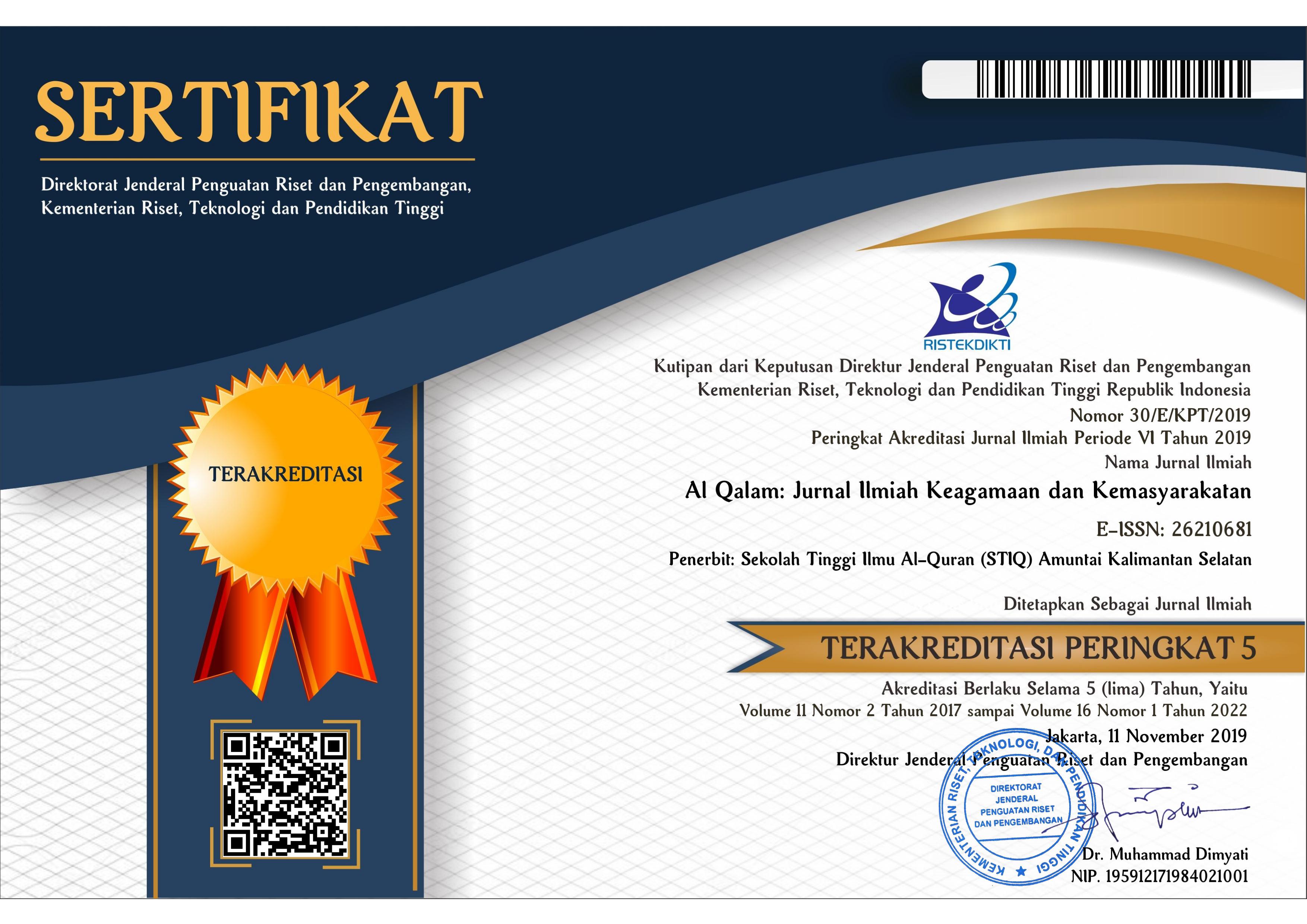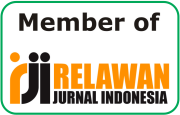Collaborative Governance on Natural Disaster Management A Study on Forest and Land Fires in Central Kalimantan
Abstract
Keywords
Full Text:
PDFReferences
Aminingrum, A. “Forest Fire Contest: The Case of Forest Fire Policy Design in Indonesia.” PhD Thesis, Erasmus University Rotterdam, The Netherlands, 2017.
Ansell, Chris, and Alison Gash. “Collaborative Governance in Theory and Practice.” Journal of Public Administration Research and Theory 18, no. 4 (October 1, 2008): 543–71. https://doi.org/10.1093/jopart/mum032.
Bae, Yooil, Yu-Min Joo, and Soh-Yeon Won. “Decentralization and Collaborative Disaster Governance: Evidence from South Korea.” Habitat International, Decentralising Disaster Governance in Urbanising Asia, 52 (March 1, 2016): 50–56. https://doi.org/10.1016/j.habitatint.2015.08.027.
Castrén, Tuukka, and Madhavi Pillai. “Forest Governance 2.0 : A Primer on ICTs and Governance.” Washington, DC: World Bank, July 2011. https://openknowledge.worldbank.org/handle/10986/17243.
Corbin, Juliet, and Anselm Strauss. Basics of Qualitative Research: Techniques and Procedures for Developing Grounded Theory. SAGE Publications, 2014.
Grindle, Merilee S. Politics and Policy Implementation in the Third World. Princeton University Press, 2017.
Intezari, Ali, and David Pauleen. : : Integral Decision Making for the Data Age. London: Gower, 2018. https://doi.org/10.4324/9781315547022.
Kishor, N. M., and K. L. Rosenbaum. “Indicators to Monitor Progress of Forest Law Enforcement and Governance Initiatives to Control Illegal Practices in the Forest Sector.” The International Forestry Review 5, no. 3 (2003): 211–18.
Maarif S. “Rencana Nasional Penanggulangan Bencana 2015-2019. Badan Nasional Penanggulangan Bencana,” 2014.
Purnomo, Herry, Bayuni Shantiko, Soaduon Sitorus, Harris Gunawan, Ramadhani Achdiawan, Hariadi Kartodihardjo, and Ade Ayu Dewayani. “Fire Economy and Actor Network of Forest and Land Fires in Indonesia.” Forest Policy and Economics 78 (May 1, 2017): 21–31. https://doi.org/10.1016/j.forpol.2017.01.001.
Rooney, David, Bernard McKenna, and Peter Liesch. Wisdom and Management in the Knowledge Economy. Routledge, 2010. https://doi.org/10.4324/9780203852798.
Sabella, Mariangeles. “Roots for Good Forest Outcomes : An Analytical Framework for Governance Reforms.” The World Bank, 2009. http://www-wds.worldbank.org/servlet/WDSContentServer/IW3P/IB/2009/09/10/000333037_20090910005834/Rendered/PDF/495720white0co11governance01PUBLIC1.pdf.
Solansky, Stephanie T. “To Fear Foolishness for the Sake of Wisdom: A Message to Leaders.” Journal of Business Ethics 122, no. 1 (June 1, 2014): 39–51. https://doi.org/10.1007/s10551-013-1752-9.
Law Number 19 of 2004 concerning Stipulation of Regulations in lieu of Law Number 1 of 2004 concerning Amendments to Law Number 41 of 1999 concerning Forestry.
Law Number 24 of 2007 concerning Disaster Management.
Law Number 32 of 2009 concerning Environmental Protection and Management
Government Regulation (PP) No. 21 of 2008 concerning Implementation of Disaster Management.
Instruction number 3 of the President of the Republic of Indonesia of 2020 regarding forest and land fire management.
National Board for Disaster Management (BNPB). (2014). Overview of the Disaster Management Cycle in Indonesia. National Board for Disaster Management.
Regional Regulation Number 5 of 2003 concerning Forest and Land Fire Control in Central Kalimantan Province.
Governor Regulation Number 24 of 2017 concerning Implementation of Emergency Handling of Forest and Land Fires in Central Kalimantan.
DOI: http://dx.doi.org/10.35931/aq.v17i1.1813
Refbacks
- There are currently no refbacks.
Copyright (c) 2023 Al Qalam: Jurnal Ilmiah Keagamaan dan Kemasyarakatan
Al Qalam: Jurnal Ilmiah Keagamaan dan Kemasyarakatan
index by:
Publish by:
Sekolah Tinggi Ilmu Al-Qur'an Amuntai
Contact us:
Address: Jl. Rakha Pakapuran, Amuntai Utara
Kabupaten : Hulu Sungai Utara
Kode Pos : 71471
Provinsi : Kalimantan Selatan
Telephone : 085251613000
Email: hafizhihusinsungkar@gmail.com

This work is licensed under a Creative Commons Attribution 4.0 International License


